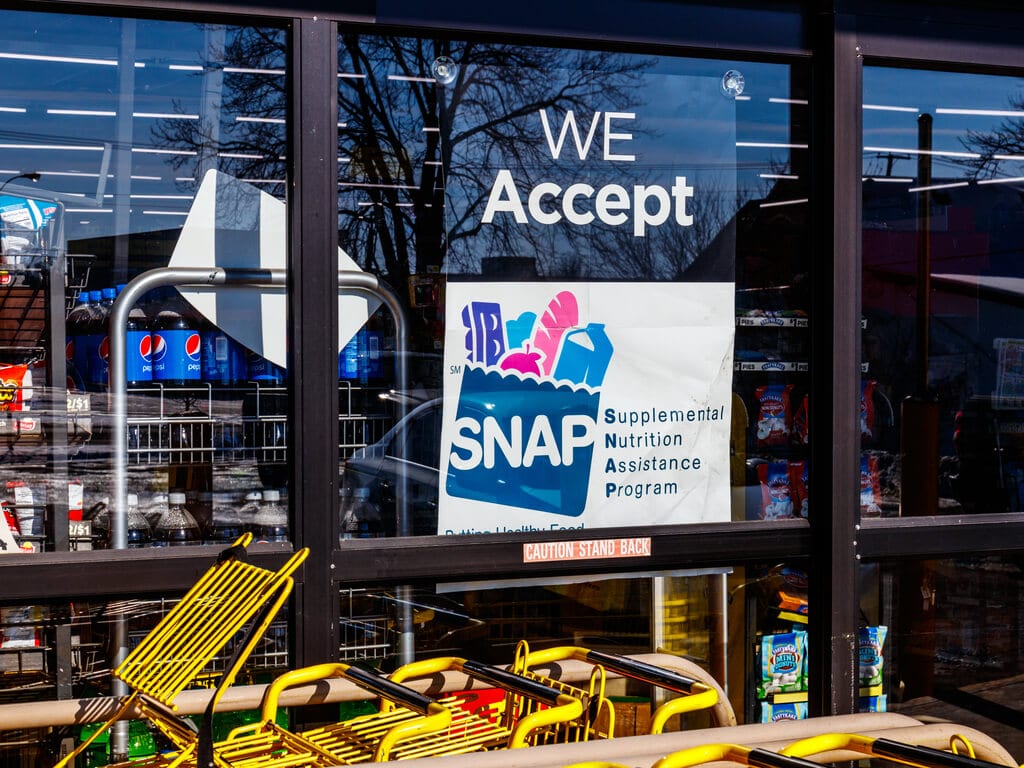Menu
Bankruptcy and Government Assistance

According to Fortunly, “An estimated 59 million Americans receive welfare during an average month. That number is equivalent to 19% of the population in the US and includes individuals who received assistance from one of the safety net programs.”
While it is not uncommon for individuals to utilize government assistance, some people believe that because of it, they will not be able to file for bankruptcy. However, this is not true. If you are receiving government assistance or have a low income, you are still eligible to file for bankruptcy relief.
Economic Uncertainty, Life Events, And The Need for A Restart
Be it job loss, income reduction, illness, rising housing costs, etc., many Americans rely on government assistance and benefits such as:
- Supplemental Security Income (SSI)
- Supplemental Nutrition Assistance Program (SNAP)
- Temporary Assistance for Needy Families (TANF cash aid)
While they may think that low-income status or use of government assistance will limit them, the reality is that not only is bankruptcy an option, but it can also be helpful in achieving financial security.
Bankruptcy can help those who are struggling to pay bills or dealing with multiple collection attempts from creditors. However, if you do receive government assistance, there are some things you need to know.
How Bankruptcy Can Impact Government Benefits
Bankruptcy is an option for those who use government benefits, but it can also have potential impacts on your future after the bankruptcy has ended. Take a look at how government assistance and bankruptcy may impact your options in the future.
- Housing: If you live in government housing, sometimes known as Section 8 housing by a Housing Choice Voucher Program, bankruptcy will not impact your ability to continue to live in government-subsidized housing. However, after filing for bankruptcy, your credit score will be hurt for some time–depending on which chapter you file under. This can mean that a landlord can legally deny your application, even if they are a Housing Choice Voucher Program landlord.
- Disability: How your disability payments will be impacted by bankruptcy will depend on which form you receive. Supplemental Security Income (SSI) disability payments are exempt from bankruptcy, meaning it cannot be used to repay creditors. Social Security disability payments (SSDI) however, may be exempt in any cases, but under some circumstances, portions may be used to repay creditors.
- Food Stamps: For recipients of the Supplemental Nutrition Assistance Program (SNAP), the fear of being unable to provide food to their families is often the leading cause of holding off on bankruptcy. Luckily, SNAP does not impact bankruptcy nor does bankruptcy impact SNAP. However–if you file for Chapter 7 bankruptcy, SNAP must be included in your income in the means test. In some cases, this may disqualify you from Chapter 7 bankruptcy, but it’s still worth pursuing.
While all of these programs may be impacted in some way by bankruptcy, it does not mean that you should not consider it as a viable option to regain financial security. And, you don’t have to do it alone.
Bankruptcy in Columbus, Central Ohio, and Franklin County
We know how isolating financial difficulties can make you feel. But understanding that you have an advocate on your side who is well-versed not only in bankruptcy code but in government programs will make all the difference as you get your financial freedom back.
Life hits us all hard sometimes–but bankruptcy can help. When it comes to filing for bankruptcy in Columbus and central Ohio, you need to know what options are available to you and that you can move forward after a bankruptcy filing. If you are facing debts you can’t pay and are considering bankruptcy, learn more about how The Jones Law Firm can help you or contact us for a free consultation about your options.

